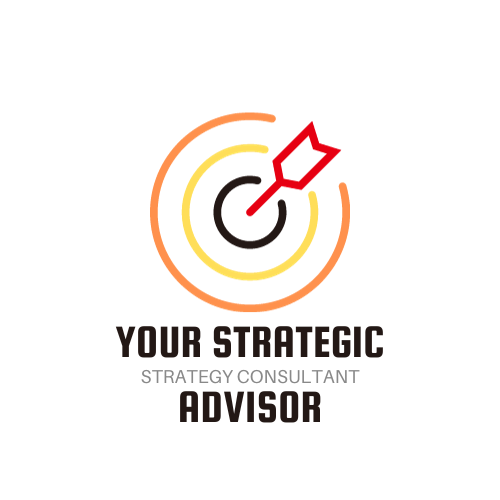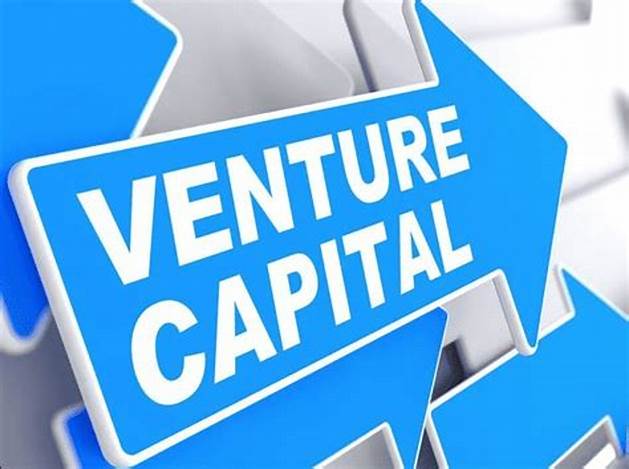If you are a startup founder and wanting to raise money at any stage, it is best to understand how the VC firms work. We have compiled a few high-level points on the VC eco system, so that, when you go there, go prepared.
Skill and mindsets of being a VC.
Unstructured Job: Being a VC requires dealing with uncertainty, ambiguity, and lack of guidance. One has to be proactive, adaptable, and self-motivated to succeed.
VC Pipeline: The three main components of venture capital are access, judgment, and winning. Access means having a strong and diverse network to source and evaluate deals. Judgement means having the ability to identify and assess the best opportunities from a large pool of startups. Winning means having the reputation, value-add, and persuasion skills to convince founders to take your money.
Questioning and Listening Skills:
A good VC knows how to ask the right questions to get to the core of a problem, a market, or a product and also knows how to listen actively and attentively to the answers, and to dig deeper by asking why.
Skepticism and Open-mindedness:
A good VC does not take everything at face value, but challenges assumptions and verifies facts. They also do not dismiss ideas based on preconceptions or biases but explores them with curiosity and conviction.
Personal Brand and Network:
A good VC builds a strong online presence and persona, where they can showcase their expertise, opinions, and insights. They also cultivate a network of relationships with founders, investors, operators, and influencers in the tech ecosystem.
Feedback Loops and Conviction:
A good VC understands that venture capital has long and uncertain feedback loops, and that success is not guaranteed and develops their own conviction around companies and markets and does not rely on external hype.
Frameworks, best practices and Metrics
The frameworks and metrics for evaluating consumer tech products, such as social or transactional, utility or entertainment, retention or engagement, and unit economics or branding.
The best practices for building relationships and reputation in the VC community, such as using Twitter, being transparent, honest, empathetic, and respectful, giving feedback, and doing background checks.
Tools & Resources
– The tools and resources for managing time, email, and information, such as Streak, Clearbit, Rapportive, Calendly, and various newsletters.
– The best practices and tips for communicating and collaborating with founders, partners, and other VCs
– The challenges and pitfalls of being a VC, such as long feedback loops, false positives, FOMO, and power dynamics.
In Summary
– Being a VC is an unstructured, competitive, and service-oriented job that requires access, judgment, and persuasion skills.
– Asking good questions, being sceptical, having strong opinions, and being open-minded are essential for assessing potential investments and developing conviction.
– Building a personal brand, a diverse network, and a reputation for being nice, honest, and helpful are important for getting access to deals and adding value to founders.
– Being a VC also involves learning about human psychology, social dynamics, and the art of selling, as well as dealing with long feedback loops, failure, and uncertainty.
– Being a VC is not as glamorous as it seems, and it requires a lot of time management, email management, and communication skills.




